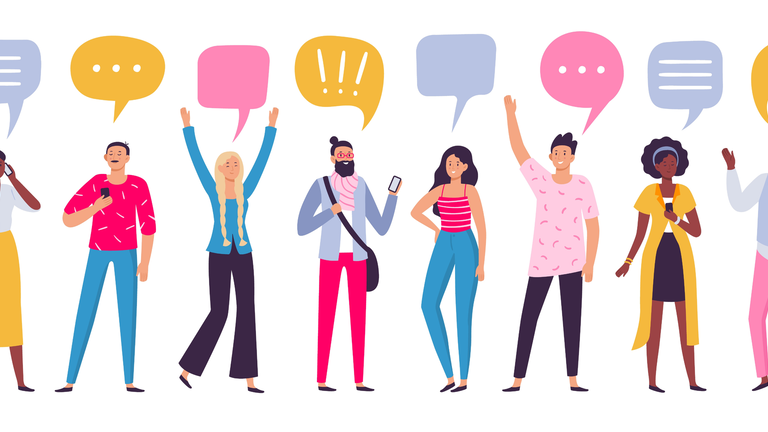Good communication is important in all kinds of relationships. It is especially needed when we are managing a chronic health condition, where we must seek information about the condition, keep others informed about our health, and help others to understand how they can help us. Good social relationships are also important. Without good communication skills, living with a chronic health condition can be even more difficult, and problems can arise.
One skill we can learn that is particularly good for expressing our feelings and helping to resolve some of the problems that can be caused by poor communication is the use of “I messages” instead of “You messages”.
Sometimes using “I messages” can be difficult, especially at first. If this is the case, try a variation in which you state the problem and then tell how it makes you feel. For example: When you come home late, I worry.
The use of I messages can be a useful technique to use with partners, friends, coworkers, or health care professionals. We have all experienced communication problems at one time or another. Often, we are not clear about our wants and needs. If we can learn to communicate more effectively, then perhaps we can avoid some of these problems.
Here are some suggestions to help us improve our communication skills:
- Identify – What is really bothering you and how you feel about it.
- Express your feelings – Constructively, in one of two ways
- Use direct “I messages” (For example: “I feel I’m not being heard” is better than “You never listen to me.”)
- Use “When this happens…I feel…” (For example: “When I’m not able to talk about my plans for future health care, I feel frightened that my wishes will not be carried out.”
- Listen attentively – Try waiting a few seconds after the other person has finished before responding.
- Clarify – Repeat what you think you heard using your own words




